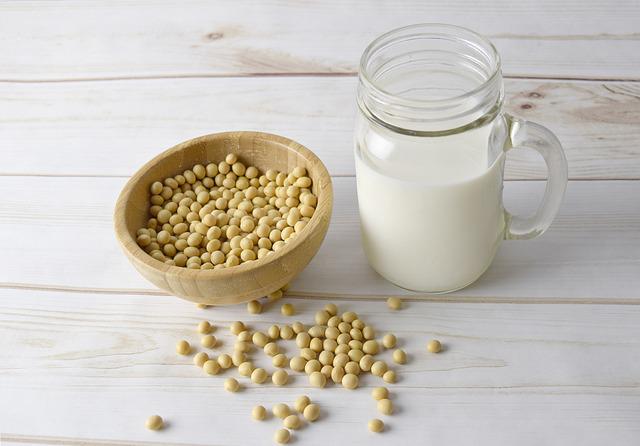You’ve heard of ‘good’ and ‘bad’ cholesterol. Just as there is good and bad cholesterol, there are ‘good’ and ‘bad’ oestrogens. Bad oestrogens are responsible for the promotion of tumours; they are found in high proportions in synthetic oestrogen used in birth control pills, or prescribed for the ‘treatment’ of menopause. Bad oestrogens contain a low amount of a substance called oestriol, and a higher amount of oestradiol. The ratio of oestriol to oestradiol determines whether oestrogen is harmful, or not.
Good oestrogens — containing a high amount of oestriol — are found in a surprisingly wide variety of foods, including raspberries, strawberries, soybean, sweet potatoes, yams and eggplants. Genistein, for example, is one of the good natural oestrogens, found in soy, a staple of the Japanese diet. Incidentally, Japanese women have one-fifth the risk of breast cancer as do their Western counterparts. Genistein appears to block angiogenesis — the process by which new blood vessels are formed. The blockage of angiogenesis hinders the growth and spread of tumour cells.
Japanese women also experience just a few menopausal syndromes. At one time, this was believed to be due to the stoical nature of the Japanese. That view has now changed, and the absence of symptoms is attributed to the Japanese diet, where the main ingredient is soy. A cup of soy contains approximately the same amount of oestrogen as the body produces in one day. Different types of soy products, such as soy milk and tofu, have different amounts of natural oestrogens, tofu being among the highest. Tofu is best consumed from closed packages to ensure freshness.
‘Weak’ Oestrogens
Other weapons in the fight are IC3s. IC3s — or, Indole 3 Carbinols — present in broccoli and cabbage are the subject of intense research at the Strang Institute. IC3s appear to prohibit oestrogen to break down into harmful metabolites. Natural oestrogens are ‘weak’ oestrogens, meaning that they bind to receptors, but produce minimal side-effects. Unlike what is commonly believed, weak oestrogens are not beneficial to women alone; they appear to serve both sexes.
Studies in Japan, where plant oestrogens are consumed extensively, indicate that prostate cancer is nearly non-existent among Japanese men, and that the incidence of breast cancer in Japan is among the lowest in the world. The same goes for heart disease, since natural oestrogens present in many plant foods appear to act as powerful antioxidants, preventing free radical damage to lipids. They, therefore, help in preserving the lining of the arteries. Natural oestrogens are present not only in food, but in supplements as well, offered by many companies/pharmacies.
What About Progesterone?
Oestrogen replacement therapy is now usually prescribed only for women who have had hysterectomies, since oestrogen alone has been shown to increase the risk of cancer of the uterine lining. Progestin — a synthetic that acts as progesterone — is added to prevent endometrial cancer. But, synthetic progesterone may also cause adverse side-effects, including breast tenderness and skin sensitivity. Progesterones can be vastly found in several foods containing natural oestrogens, so alternatives need to be considered.
Furthermore, natural progesterone has been shown to raise HDL cholesterol — the good cholesterol — more than synthetic progesterone. Natural progesterones are also available in some pharmacies. The American Heart Association [AHA] raised the possibility that plant oestrogens, and possibly progesterones, might be reasonable alternatives to the synthetic forms, which are currently in vogue. When a usually conservative body, such as the AHA, considers this possibility, the time has come to pay attention.

